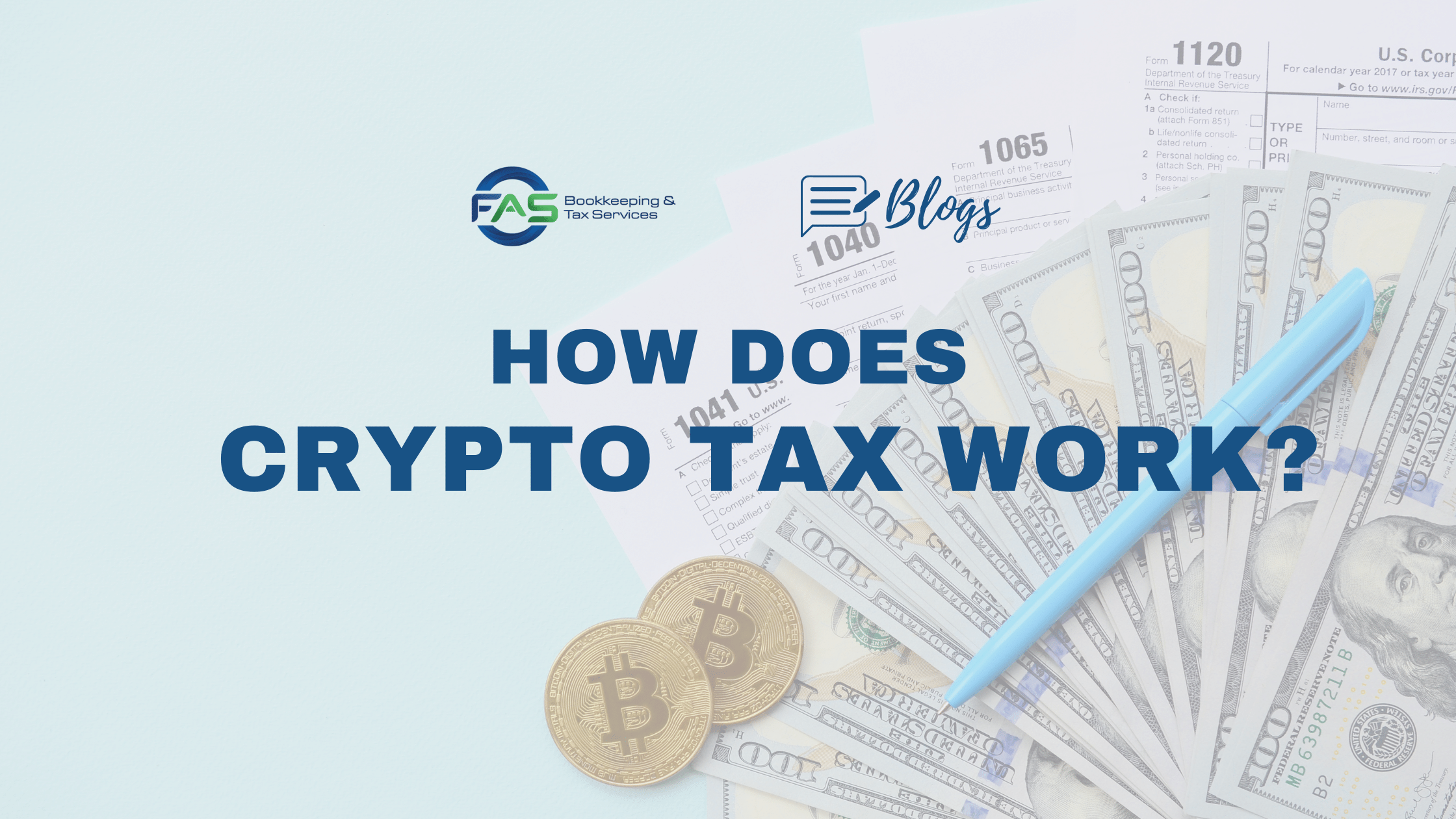Can I write off my crypto losses?

The swings in the value of cryptocurrency over time have made it hard for traders to figure out at what point they should sell and incur a taxable event. Even if you lost money on your crypto investments this year, the IRS allows you to use those losses to reduce your crypto tax liability or even get a refund. And if you’re looking to be more active in the crypto space next year and turn those losses into gains, there are still some options available to you.
If you’re an unsavvy investor and are sitting on a heavy loss in crypto, don’t worry. The IRS allows investors to claim deductions on cryptocurrency losses that can lessen your tax liabilities or even result in a tax refund. There are also investment strategies you can use throughout the year to maximize your losses and get the most out of your crypto investments. Now, the question is… Can I write off my crypto losses?
Is reporting crypto losses necessary?
Yes, you need to report your cryptocurrency losses to the IRS, which is required to ensure honest reporting and proper tax liability. The IRS classifies cryptocurrency as a capital asset; every taxable event, including your crypto losses, must be reported on Form 8949. Here are some samples of common taxable crypto events:
- Selling crypto in exchange for cash
- Trading one cryptocurrency for another cryptocurrency
- Using crypto to purchase goods and services
There are other taxable events when it comes to crypto taxes, if you want to know more about these taxable events, you can read this blog to delve deeper into what’s a crypto taxable event.
The information you need to do your crypto tax forms
If you have crypto transactions on your tax forms, make sure that you include the following information:
- The name of the crypto you bought.
- The date you bought, sold or traded the crypto.
- The amount you bought it for and the amount you sold it for. Commonly known as the cost basis.
- The income or loss you incurred from the sale, trade, or purchase of cryptocurrency.
You can write off your crypto losses, but you’ll need to transfer the totals over to Form 1040 Schedule D, where you report your total capital gains and losses for the tax year.
For a detailed guide on filing crypto taxes this year, this article can help you out!
Offset Capital Gains Crypto to write off crypto tax loss
 There’s a saying that goes ‘ a loss is a gain you didn’t realize you had’. Losses on crypto can be used to offset your capital gains. You can write off your crypto losses against your capital gains, so you pay less federal income tax when you file your taxes this year. However, your capital gains tax still depends on how long you’ve held your crypto asset.
There’s a saying that goes ‘ a loss is a gain you didn’t realize you had’. Losses on crypto can be used to offset your capital gains. You can write off your crypto losses against your capital gains, so you pay less federal income tax when you file your taxes this year. However, your capital gains tax still depends on how long you’ve held your crypto asset.
If the crypto has been held for more than a year, you can use long-term capital losses to offset long-term capital gains. If it was held for a year or less, you can use short-term capital losses to offset short-term capital gains. Remember that you’re only allowed to offset losses of the same type.
When you have both long-term and short-term gains on an asset, it’s more beneficial to first harvest your short-term capital losses (which are taxed at your regular tax bracket) to offset your short-term gains.
Don’t have crypto gains? Don’t worry, you might be able to claim a deduction.
If you have no capital gains to offset, you can deduct up to $3,000 in capital losses from your ordinary income each year according to 26 U.S. Code § 1211 of the Internal Revenue Code.
If you lost more than $3,000 in a taxable year, you can carry those losses forward over future tax years to offset any capital gains or use the losses as an itemized deduction.
Claiming a Crypto Capital Loss Deduction of up to $3,000 from ordinary income
26 U.S. Code § 1211 provides a deduction for taxpayers who sustain losses on capital assets. Instead of tax-loss harvesting, you can deduct $3,000 in capital losses each year, or $1,500 if you’re married and filing taxes separately. Claiming your cryptocurrency losses can result in a higher tax refund through this deduction. If you’ve lost more than $3,000 in net capital losses in a tax year, the excess amount can be carried forward into future tax years, where they may offset capital gains. You may claim the losses again in a future tax year, or use them to offset income before paying taxes.
Crypto Tax Loss Harvesting
You can offset your capital gains throughout the year by selling investments at a loss. This helps you avoid unrealized losses – losses on investments held for more than one year but not long enough to receive long-term capital gains benefits. Tax-loss harvesting entails the sale of crypto or other digital assets when fair market value drops below cost basis. This will generate capital losses. You can continue to net those losses against capital gains and reduce your tax bill as described above.
‘Wash Sale’ Rule Exception in writing off crypto losses
in December of 2021, the ‘wash sale’ rule is only applicable to stocks and securities. It no longer applies to cryptocurrency in general. A wash sale occurs when a taxpayer sells a stock or security at a loss, but buys either the same one or a substantially identical one within 30 days of the sale. Even though the IRS does not allow a deduction for stock and security losses, this taxpayer is still able to deduct ordinary and necessary investment expenses that would otherwise be disallowed due to claiming the Wash Sale Loss.
However, the wash sale rule does not apply to crypto. As a result, tax-loss harvesting is more effective for crypto investments.
What happens if you don’t pay taxes on crypto?
By reporting your taxable crypto transactions on Form 8949, you can help reduce the chance of an audit by the IRS.
The IRS doesn’t disclose its audit selection criteria, but it presumably relies on information provided on a tax return, such as the answer to the virtual currency question on Form 1040 or the information on Form 8949.
The IRS uses a computer system to check the Form 1099 information against what a taxpayer reports on their tax return. A taxpayer that answers No to the question about virtual currency transactions on Form 8949, or doesn’t complete Form 8949 and doesn’t include it with their return, is more likely to be audited; the IRS now has information that may result in penalties on top of whatever additional tax may be owed. It is always a good idea to make accurate tax returns.
The IRS has begun sending taxpayers CP2000 notices when information on a Form 1099 does not match what a taxpayer reported on his/her tax return. Cryptocurrency tax software allows taxpayers to complete and file their taxes using existing blockchain technology. However, some software providers do not provide information on how their software calculates gains and losses. This audit trail can be difficult to construct without a trusted provider.
Conclusion
Don’t be discouraged by crypto losses: they happen to everyone. Instead, strategize how you can turn your losses into future profits. As the saying goes, ‘a loss is a gain you didn’t realize you had’. There are plenty of opportunities for you to make a bad thing become a good thing. You just have to be creative about it!
Need an expert to help you with your crypto taxes this year? Our expert Enrolled Agent is here to help you with the highly complicated field of crypto tax filing and planning!
Get in touch with us today! Hurry, the tax season is about to end!
Want to know more about Crypto Taxes?
Check out our other Crypto Blogs to help you with your Crypto Tax Compliance!
- How does Crypto Tax Work?
- FBAR now requires Cryptocurrency Disclosure
- Avoid Crypto Tax Audit
- Cryptocurrency Tax Filing for 2022
- More…



